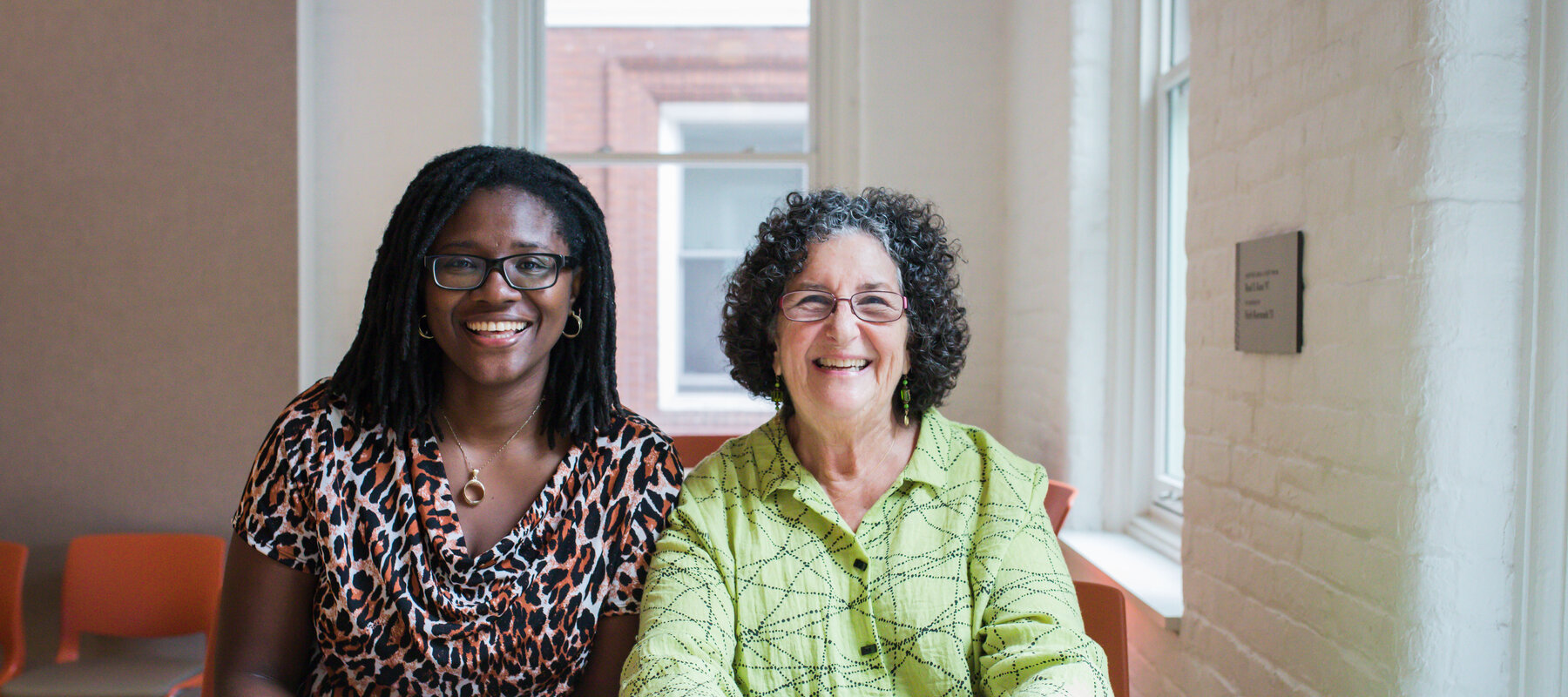As many as a million Americans travel to developing countries each year for short-term medical missions (STMMs), but do they actually help the people they’re aiming to serve? Judith Lasker, professor emerita of sociology and health, medicine and society, has spent several years researching this question.
As part of the research for her book, Hoping to Help: The Promises and Pitfalls of Global Health Volunteering, Lasker traveled to destination countries to interview and observe participants. But, she says, “I was convinced I wasn’t getting the whole story or even entirely valid results as an outsider.”
Her latest project aims to correct that, using the model of community-based participatory research (CBPR) to partner with host country researchers. It is the first study to be led by scholars from countries that frequently host medical volunteers, investigating the advantages and disadvantages of STMMs from their countries’ perspectives. Funded by a Lehigh Accelerator Grant, it’s a collaboration of eight professors, with Sirry Alang, assistant professor of sociology and health, medicine and society, as principal investigator.
“When researchers from the Global North exercise power and control over the research process, it becomes exploitative,” says Alang. “If our research is about improving population health, then we must work with and center the experiences of populations for whom our results bear relevance.”
Researchers in three countries—Ghana, Uganda and Guatemala—are leading the work, conducting in-depth interviews with local stakeholders and analyzing their countries’ policies and practices. This model is more equitable. It also yields better data because local social scientists understand local contexts and are less likely than outsiders from the Global North to be given polite responses that do not accurately reflect participants’ views.
“A lot of factors that affect health in the global south are shaped and influenced by relationships—colonial, exploitative or supportive—with countries in the global north, including the U.S.,” says Alang. “This project interrogates these relationships and enables us to think about how we can engage globally in ways that are responsible.”
The researchers will present results to each of their governments for incorporation into policy. The project will culminate in a May 2020 international symposium, “The Ethics and Impact of Short-term Programs in Global Health: Translating Research into Action,” in Geneva, Switzerland. The symposium will be hosted by the Brocher Foundation, in collaboration with Lehigh, and will bring the researchers from Ghana, Uganda and Guatemala together with officials from international organizations to look at how their research findings can lead to effective policy at national and international levels to improve medical volunteer programs.
Lehigh University’s participation in the Geneva conference will be the next stage in a remarkable story of Lehigh’s leadership in promoting research, education and policy aimed at contributing to more ethical, responsible and effective global health activities. This story includes financial support for Lasker’s initial research, through a Faculty Innovation Grant from the Office of Research and Graduate Studies, the sponsorship of a national conference on STMMs by the Office of International Affairs, the hiring of Alang and two other faculty members to bring expertise on CBPR and health to Lehigh, and the funding of the Accelerator Grant by the Office of Research and Graduate Studies.
“I am very grateful to Lehigh for its wonderful support, financial and otherwise, in this project,” says Lasker. “Few institutions would make such a commitment, and even fewer would do so by supporting the work of researchers in the Global South.”
